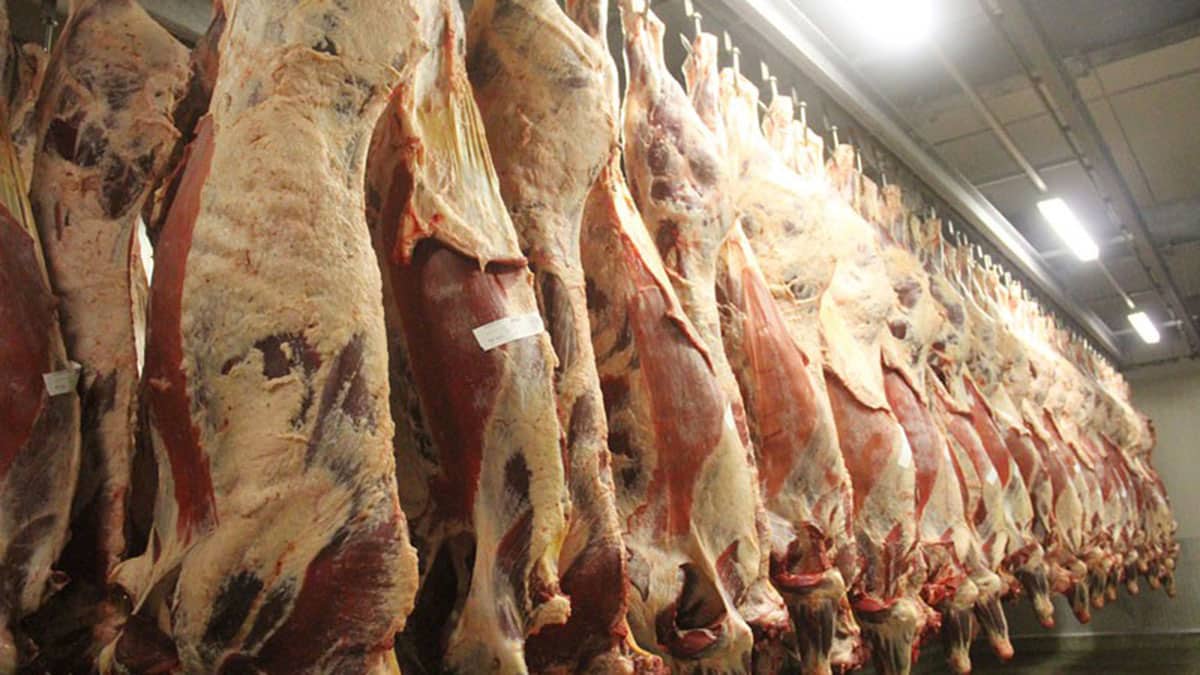With the European Union (EU) introducing stringent measures to adhere to the region’s deforestation regulations, the Botswana Meat Commission (BMC) is working around the clock to ensure compliance ahead of the December 31st, 2024 deadline.
BMC, which has long enjoyed access to the lucrative EU market, has consistently adhered to the demands and regulations required.
However, come January 1st, 2025, Botswana’s beef exports to the EU will depend largely on compliance with the new Deforestation Regulation.
Failure to meet these stringent guidelines could result in a loss of access to the European market.
Beef exporters will need to prove that their products do not contribute to deforestation or biodiversity loss.
Part of this regulation mandates Botswana to submit geolocations of the lands where cattle are grazed and raised.
The EU’s latest updates have made it clear that partnering countries and businesses must comply with the new standards by the end of 2024.
The push for these regulations stems from the expansion of agricultural land for the production of cattle, wood, cocoa, and other commodities.
Cattle farming, linked to deforestation, often demands more land, contributing to the problem.
Beef is now one of the primary products under scrutiny in the fight against deforestation.
In an interview with Voice Money, Shadi Linchwe, Public Relations and Marketing Manager at BMC, assured that the commission is on track to comply with the new laws.
“We are looking at this development at a country level, and the Ministry of Agriculture is leading the efforts to ensure that all our systems meet the deforestation regulations by year-end. We can adequately demonstrate compliance,” said Linchwe. She further emphasized that Botswana has historically passed EU audits and continues to promote environmentally friendly practices. “We keep low volumes of cattle while still producing quality beef, and we are advising farmers on the expectations under this new legislation,” she said.
Typically, the expansion of farming lands involves clearing trees, often through burning, to create space.
This leads to carbon emissions, counteracting the EU’s eco-friendly goals.
The new regulations aim to reduce EU-related carbon emissions by at least 32 million tonnes annually through more sustainable consumption and production practices.
Botswana currently exports 9,000 tonnes of beef annually to the EU and benefits from preferential market access, including duty- and quota-free trade.
The country has faced stringent EU regulations before, notably in cattle identification and traceability, a challenge Botswana overcame through the use of its Animal Information and Traceability system, ear tags, and scanners.








